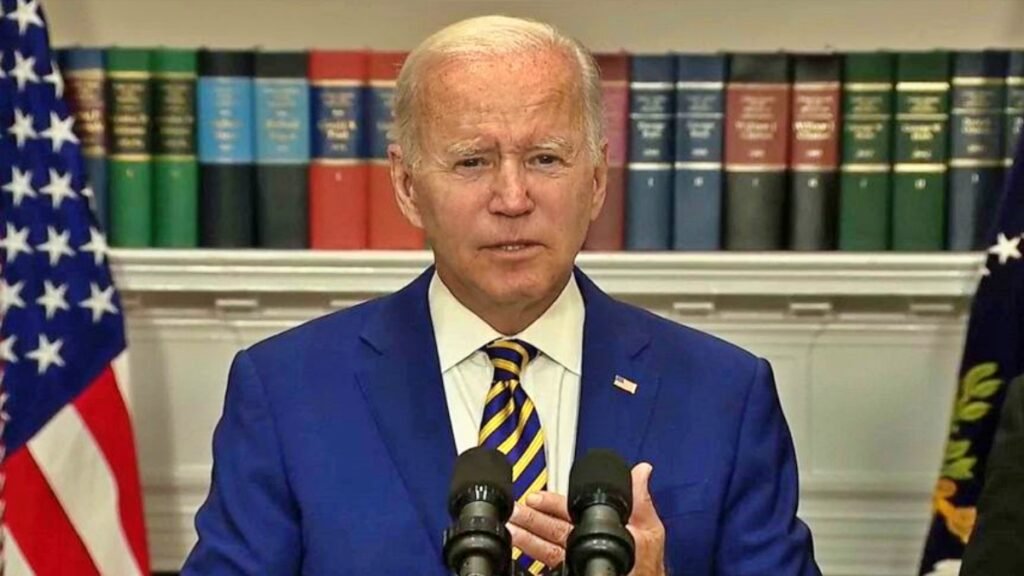
Washington: The Joe Biden administration plans to sell an estimated $1.1 billion in arms to Taiwan. For this, formal approval from the US Congress is awaited. According to sources, the weapons package from the US to Taiwan includes 60 anti-ship missiles and 100 air-to-air missiles. This news has come to the fore when China continues to send its warships and aircraft continuously into Taiwan’s waters.
Beijing has become more aggressive in its behavior since US Congressional Speaker Nancy Pelosi visited the self-governing island a few weeks ago and denounced China’s efforts to isolate and intimidate Taiwan. In response to Pelosi’s visit, China launched massive, unprecedented military exercises around Taiwan, including shooting missiles at the island for the first time.
According to sources, the weapons package to be given by the US to Taiwan, which is still in the initial stages, includes 60 AGM-84L Harpoon Block II missiles worth $355 million, 100 AIM-9X Block II Sidewinders tactical air-to-air missiles worth $85.6 million. missiles, and an extension of the contract for a surveillance radar for $655.4 million. Sidewinder missiles will equip Taipei’s US-made F-16 fighter jets.

Once the Biden administration formalizes the notification, the deal will need to be signed by the Democratic chair and ranking Republican on the Senate Foreign Relations Committee and the House Foreign Affairs Committee before finalizing the deal. US lawmakers are likely to approve the deal, but given the ongoing Congressional holiday, the process may take a bit longer.
In recent years, fears have increased that China is making preparations to annex Taiwan with military force. He believes that this island country is a part of it. In response, the US and other Western countries have praised Taiwan’s vibrant democracy, in contrast to Beijing’s authoritarianism, and stressed the need to protect it.
The US has followed the so-called One China policy set forth in the Taiwan Relations Act of 1979, which stipulates that the US will not establish formal diplomatic relations with Taipei. The TRA also created the Strategic Ambiguity Doctrine, under which the US deliberately remains unclear whether it will defend Taiwan militarily against an invasion. Lawmakers on both Republican and Democratic sides have called for an end to that policy. Because Taiwan is facing threats from the Chinese army.



















































